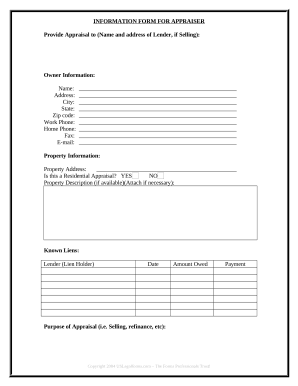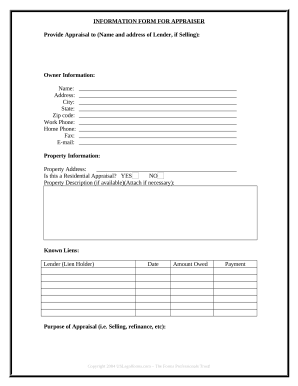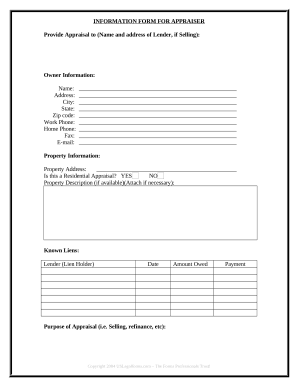Improve your work productivity with Real Estate Seller's Information
Document managing takes up to half of your office hours. With DocHub, it is simple to reclaim your office time and improve your team's efficiency. Get Real Estate Seller's Information category and investigate all document templates related to your daily workflows.
Easily use Real Estate Seller's Information:
- Open Real Estate Seller's Information and employ Preview to get the appropriate form.
- Click on Get Form to begin working on it.
- Wait for your form to open in our online editor and begin modifying it.
- Add new fillable fields, symbols, and pictures, change pages order, and many more.
- Fill your file or prepare it for other contributors.
- Download or share the form by link, email attachment, or invite.
Speed up your daily file managing using our Real Estate Seller's Information. Get your free DocHub profile right now to explore all forms.





